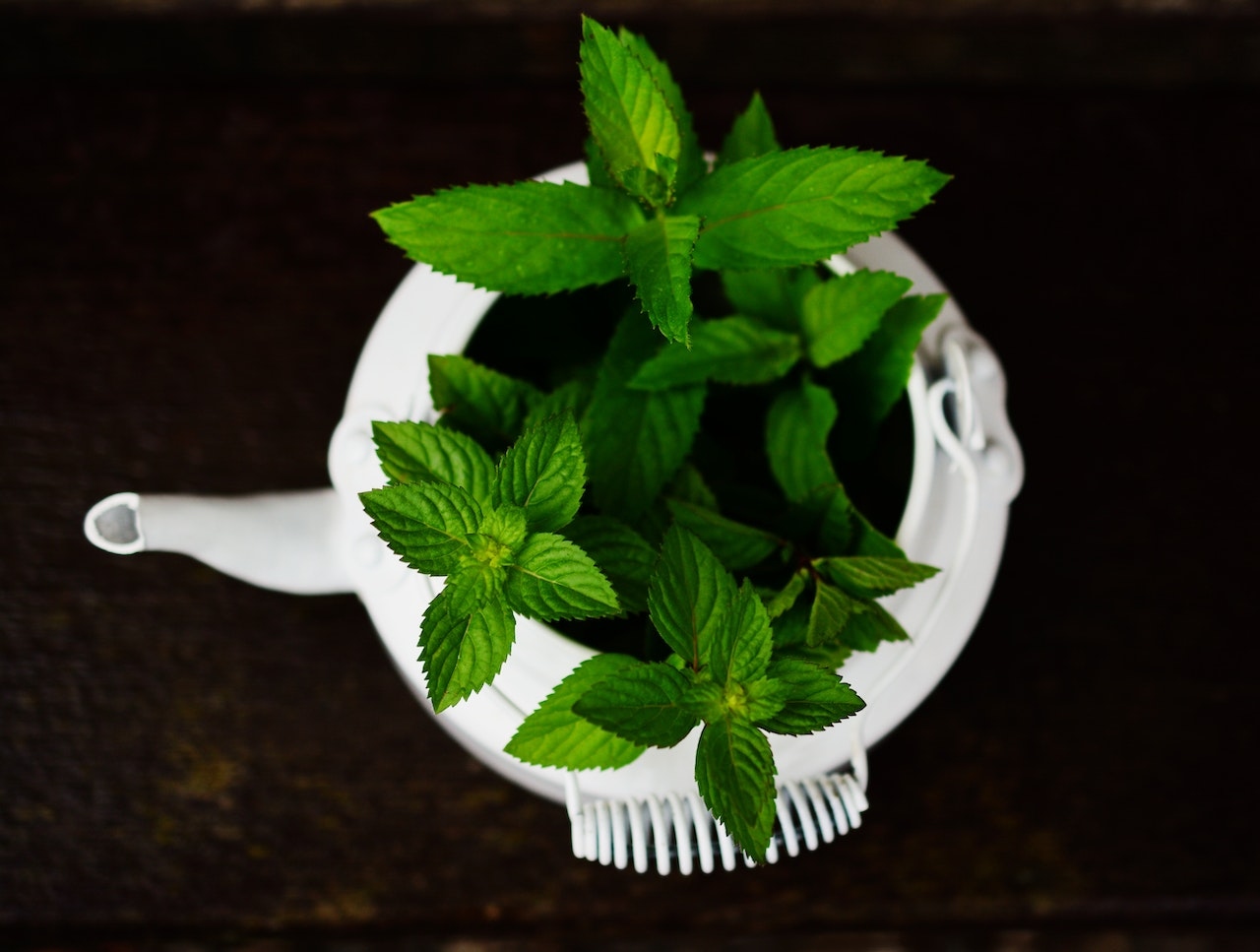The benefits of peppermint tea go beyond its refreshing taste and smell. One of its primary benefits lies in its ability to calm the digestive system. If you’re a tea lover or simply looking for a caffeine-free aromatic herb, you’re in for a treat. Peppermint tea, crafted from the leaves of the peppermint plant, not only tingles your taste buds but also offers an array of remarkable benefits for your overall well-being.
Sipping on a cup of peppermint tea after a meal can help alleviate indigestion, bloating, and even stomach cramps. Its natural compounds, including menthol, act as muscle relaxants, soothing the gastrointestinal tract and promoting healthy digestion. So, whether you’re looking to soothe your digestion, invigorate your senses, relax your mind, or support your respiratory health, you are well covered. With its refreshing flavor and a host of wellness benefits, it’s no wonder this herbal elixir has stood the test of time (Advertisement
Now, grab your favorite mug, inhale the invigorating aroma, and savor the goodness that a cup of peppermint tea brings to your life. Embrace the soothing and revitalizing power of this extraordinary brew and experience the many wonders it can do for your well-being. Cheers to a healthier and happier you!
What Is Peppermint Tea?

Peppermint tea is a delightful brew known for its refreshing flavor and numerous health benefits. Scientifically known as Mentha × piperita, peppermint tea is made from the leaves of the peppermint plant, a hybrid of water mint and spearmint.
To create this aromatic beverage, the leaves of the mint plant can be dried, either through air drying or gentle heat. Once dried, the leaves need to be crushed or broken into smaller pieces to release their natural oils and flavors. Then add the crushed leaves to hot water for several minutes, allowing the essence of peppermint to infuse the liquid, resulting in a fragrant and flavorful tea.
While the tea is surely full of aromas, there are also nutritional benefits of pure peppermint tea. The menthol in the tea is responsible for its distinct flavor and aroma. Peppermint tea is known to be rich in antioxidants, such as rosmarinic acid, which can help combat oxidative stress in the body. (2).
Peppermint tea’s history as a herbal tea stretches back centuries. It is believed to have originated in ancient Egypt, where dried peppermint leaves were discovered in Egyptian pyramids dating back to 1,000 BC. The ancient Greeks and Romans also valued the medicinal properties of peppermint, using it to aid digestion, soothe headaches, and freshen breath.
Throughout history, peppermint tea has been cherished for its versatility and therapeutic effects. It has been utilized in traditional medicine systems, such as Ayurveda and Traditional Chinese Medicine, for its digestive, respiratory, and calming properties. Over time, the popularity of peppermint tea has grown, reaching far and wide as people continue to appreciate its refreshing taste and holistic benefits.
So, whether you’re seeking a warm cup of comfort or a revitalizing beverage to uplift your spirits, peppermint tea offers a natural and delightful option. Hence, now that you are all aware of how to make the tea, move on to knowing the benefits of peppermint tea.
10 Health Benefits of Peppermint Tea
While this herb is great to add to your dishes, as a mouth freshener, or even just as mint-infused water, the sole benefits of mint tea are endless. Here are the top 10 benefits you need to aim for.
1. May Help Ease Bloating And Indigestion

Peppermint tea has gained recognition for its remarkable ability to soothe bloating and indigestion, providing much-needed relief for those experiencing discomfort. The key lies in the natural compounds found in peppermint, particularly menthol, which deliver a host of therapeutic effects (Advertisement









